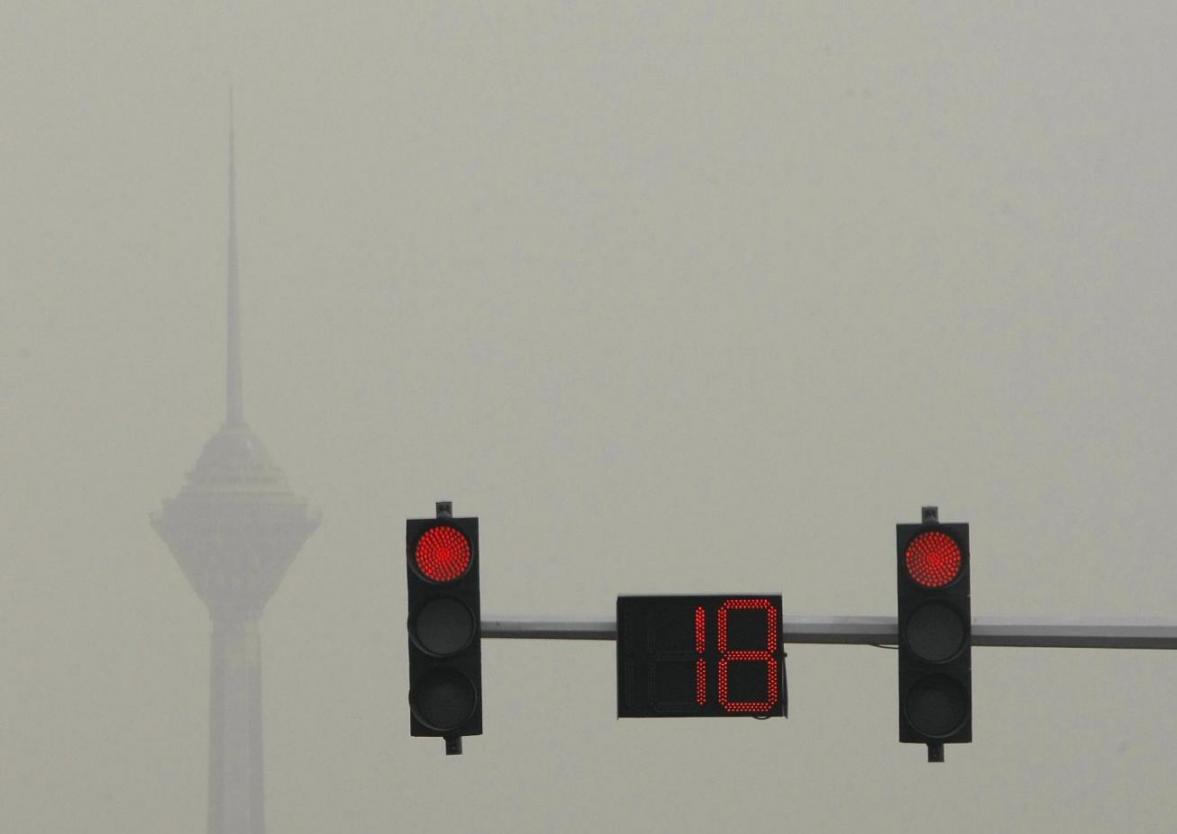From airborne particles to stationary sources like power plants and petroleum refineries, a myriad of reasons have been cited for the air pollution crisis in Tehran - a problem that has taken a heavy toll on the economy and health of citizens alike. But this time a new report by a committee of the Tehran City Council (TCC) reveals that the rampant destruction of gardens in the capital, a major issue, albeit less noticed, is contributing to the air pollution.
The monster of garden demolitions for the purposes of constructions reared its ugly head more than a decade ago. Unbridled demolition of gardens facilitated by lax government and municipal regulations stripped the city of its lung space by rendering the once vast green urban spaces into jungles of concrete structures.
Green Space Rules
The probe conducted by the TCC affirms that legislation like the ‘Comprehensive Tehran Act’ and ‘Protection and Expansion of Green Spaces’ were meant to preserve the green spaces. But erroneous interpretation of the enactments both by the government and the municipality derailed them into being abused by developers. Under the pretext of ‘protecting the land owners’ rights’ the policies were used in a turnaround “to convert urban gardens not into parks, but into commercial and office buildings,” the Persian economic daily Donyaye-Eghtesad said in an article on Wednesday.
The TCC report further said that the shortage of parks in Tehran and green space is less than half the conventional standards. The members of the investigation committee urged a review of the urban management laws in the capital.
Critical Conditions
The report findings indicate that the level of pollutants in the capital’s atmosphere have hit an all-time high in recent days and emphasized that “green space destruction has only exacerbated the already filthy air suffering from stationary sources of pollution.”
“Wrongful execution of the two major laws pertaining to the preservation of urban green spaces has made the ecological conditions of Tehran intolerable,” said Mohammad Haghani chairman of the TCC Environment Committee. ‘’Air pollution has become the number one health risk for Tehran residents.’’
He urged for a ‘’major revolution and general review’’ of urban management, both in municipal policies and city council decisions.
The TCC probe also said urban officials were obliged “to make an inventory of all the green spaces in Tehran, including the number of trees, but this has never happened- at least not until now.”
Part of the report refers to the process of supervision of urban gardens by a body of two representatives from the Tehran Municipality (TM) and one member of the TCC. The report concluded that although parliament saw it “as an unfitting body to oversee the protection of urban green spaces, the same is still underway.’’ The only qualified body to oversee the preservation of urban green spaces is the city council itself, the report said.
Unfortunately, an unqualified body (comprising municipal bureaucrats) is now approving cutting of trees and destruction of gardens, which “is exactly in opposition to the law’s mission of preserving them,’’ says the TCC report. A lot would have been accomplished if the TM had stuck to the policy of preserving green spaces by any means, the report added.
One has to agree with the city council members that “a 2.5 sq meter of green space per capita barely feeds the oxygen needs of its 10.5 million occupants.”


